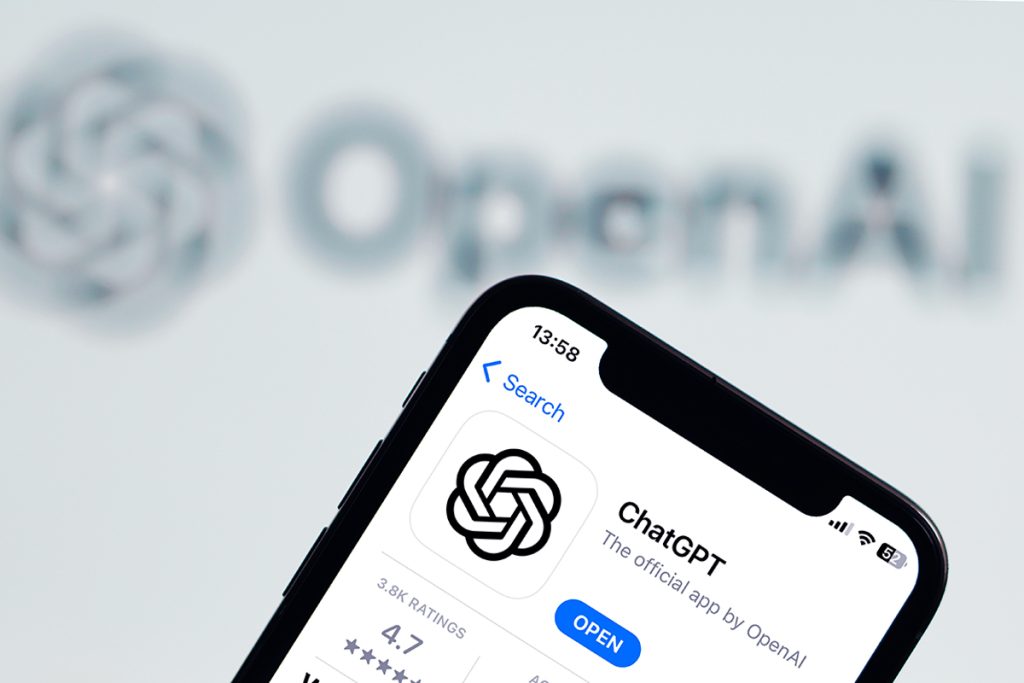OpenAI is set to revolutionize the world of digital assistants with the introduction of its advanced voice mode for ChatGPT. Demonstrated earlier this year, this new feature promises a significantly more lifelike and interactive experience compared to the robotic voices users have come to expect from the likes of Alexa or Siri.
A New Standard in Voice Interaction
The advanced voice mode for ChatGPT boasts an impressive range of capabilities. It responds in real time, adapts to interruptions, and even includes giggling noises when users make jokes. This mode can also gauge the emotional state of a speaker based on their tone of voice, adding a layer of empathy and understanding to interactions. During its initial demo, the voice mode drew attention for its striking resemblance to Scarlett Johansson, though OpenAI clarified this was unintentional and later paused the use of that particular voice.
Starting Tuesday, this cutting-edge voice mode will begin rolling out to paid users of the most powerful version of ChatGPT, known as ChatGPT-4o. Initially, a select group of subscribers to the app’s “Plus” mode will gain access, with plans to make it available to all Plus users by fall.
Transforming AI Interaction
This rollout marks a significant milestone for OpenAI, transforming ChatGPT from a mere chatbot into a virtual personal assistant capable of engaging in natural, spoken conversations. This ease of interaction is expected to encourage users to engage with the tool more frequently, presenting a formidable challenge to established virtual assistants from tech giants like Apple and Amazon.
However, the introduction of such an advanced voice mode also raises important questions. There are concerns about the tool’s ability to reliably understand users with speech differences and the potential for users to place undue trust in a human-sounding AI, even when it makes errors.
Ensuring Safety and Reliability
OpenAI initially planned to launch the advanced voice mode in June but postponed the rollout by a month to ensure the tool’s safety and effectiveness. The company conducted extensive testing over recent months, involving over 100 testers from 29 different geographies who collectively speak 45 different languages. This rigorous testing aimed to identify and address potential weaknesses in the AI model’s voice capabilities.
To safeguard against misuse, OpenAI has implemented several safety measures. The voice mode will be limited to four pre-set voices created in collaboration with voice actors to prevent impersonation. Additionally, the system will block requests to generate music or other copyrighted audio. The tool will uphold the same safeguards as ChatGPT’s text mode, ensuring it does not produce any illegal or harmful content.
One notable change from the initial demo is that users will no longer have access to the voice that many believed sounded like Scarlett Johansson. Although OpenAI maintained that the resemblance was unintended and the voice was created with a different actor, the company decided to remove it out of respect after Johansson raised concerns.
Broader Implications for OpenAI
The launch of the advanced voice mode comes on the heels of another significant development from OpenAI. Last week, the company announced it was testing a new search engine powered by its AI technology. This move signals OpenAI’s ambition to expand its portfolio of consumer-facing AI tools and poses a potential challenge to Google’s dominance in the online search market.
With the rollout of ChatGPT’s advanced voice mode, OpenAI is poised to set a new standard in AI interaction, blending sophisticated technology with a more human touch. This development not only enhances the user experience but also positions OpenAI as a major player in the competitive landscape of virtual assistants and AI-driven tools.
As the technology continues to evolve, it will be crucial to monitor how users adapt to and interact with these advancements. The balance between innovation and safety will remain a key focus for OpenAI as it navigates the challenges and opportunities presented by this groundbreaking feature.


